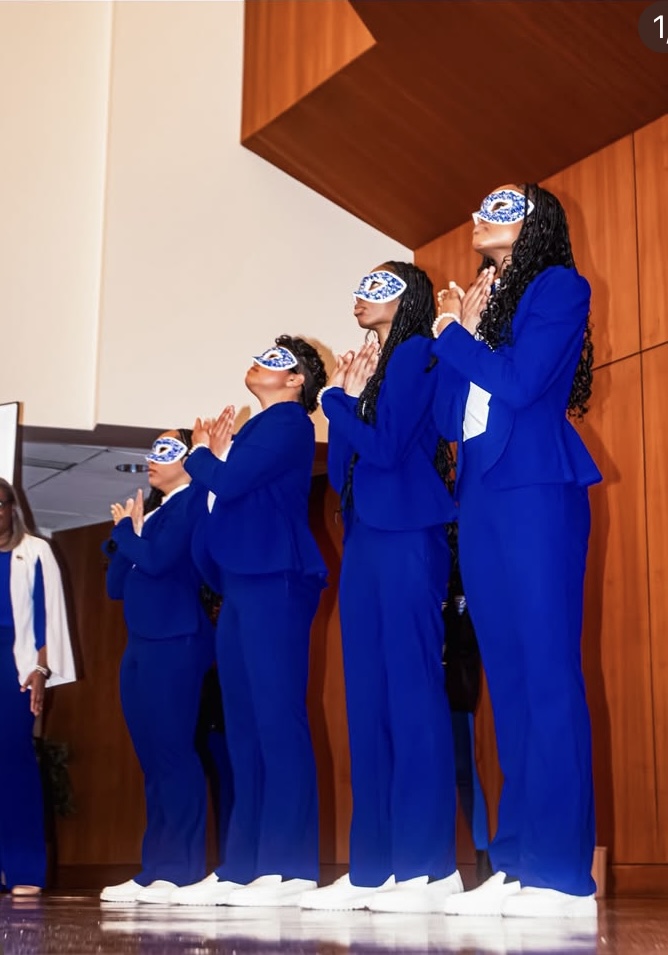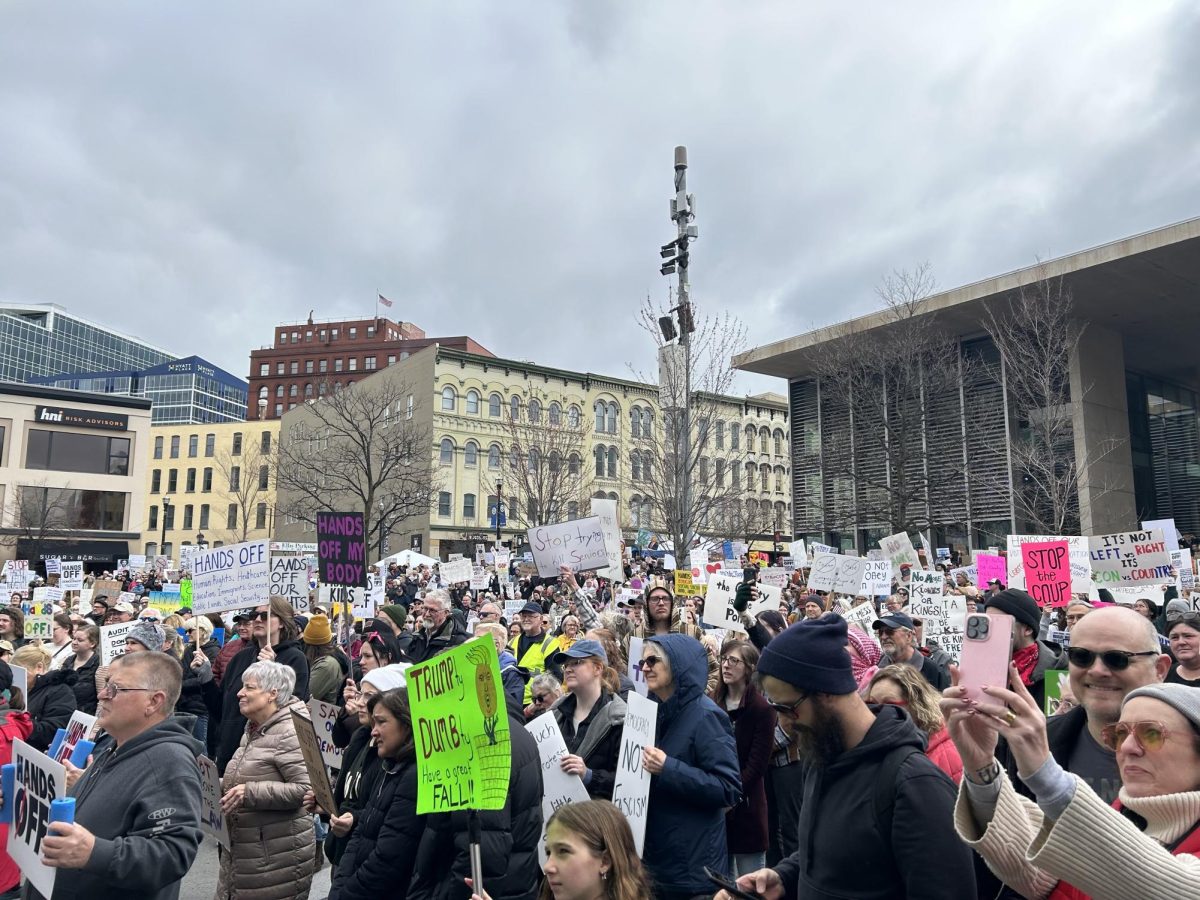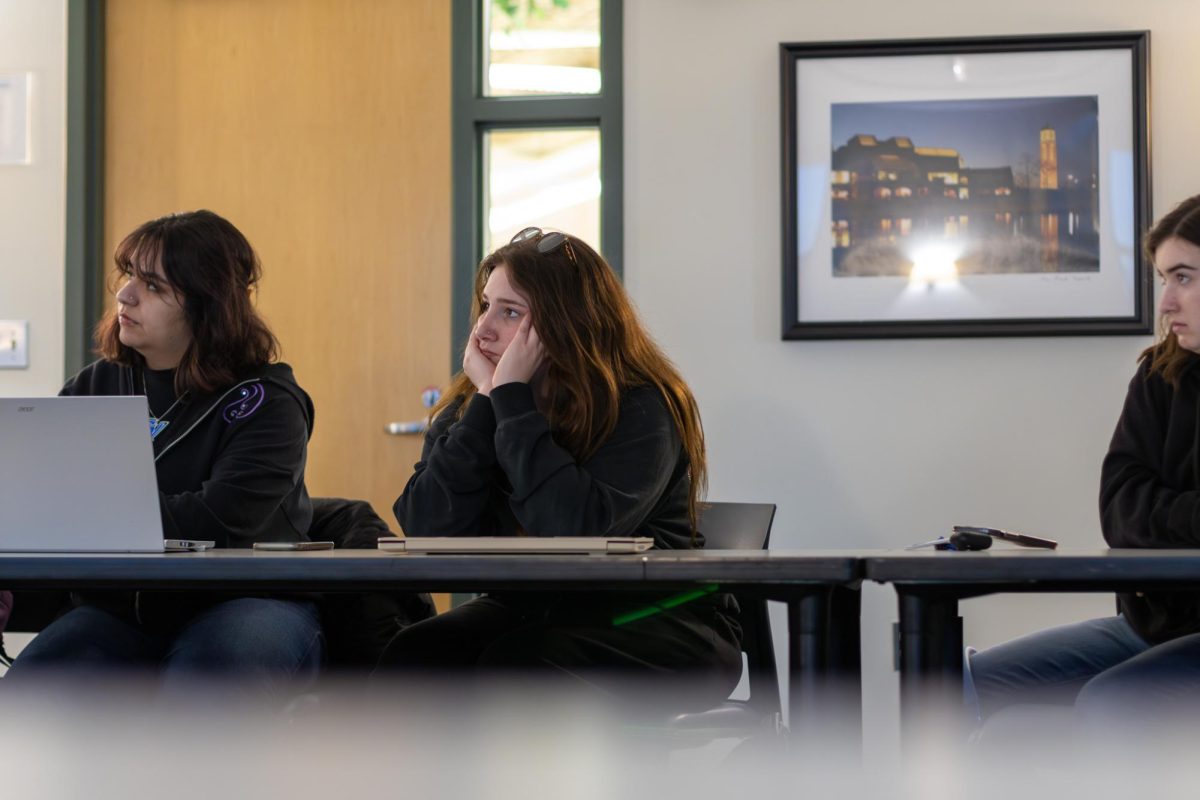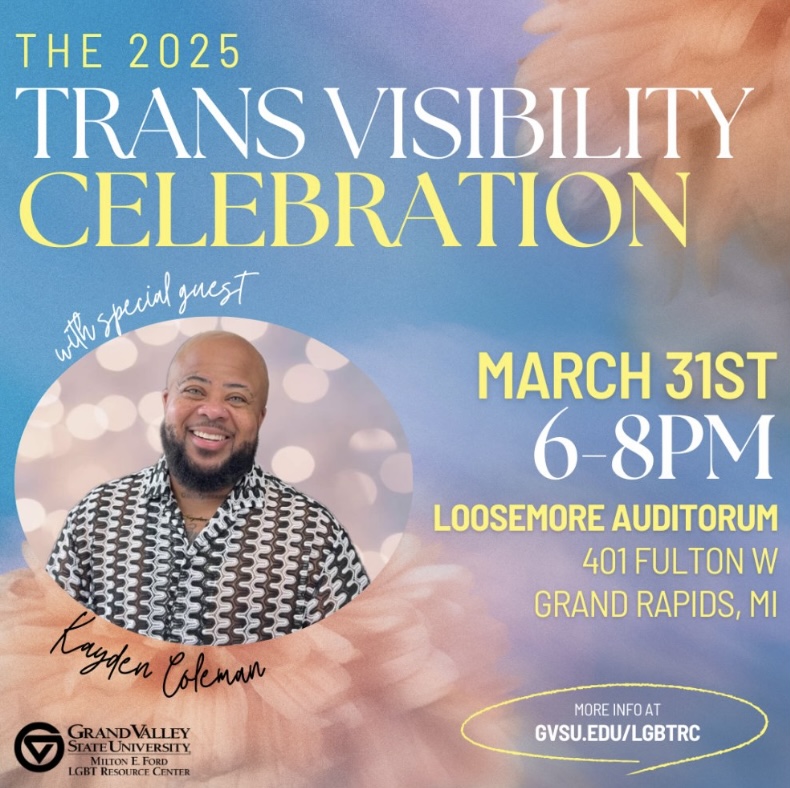Opinion Year in Review 2022-23
Apr 10, 2023
Editorial
The Human Difference
The balance between humans and technology exists on a fine line. Intelligence, whether organic or artificial, seems to be merging into one as the power of AI programs like ChatGPT comes to the forefront of discussion.
Fear and concern around AI can come in many forms: taking human jobs, mimicking creative endeavors or eliminating the ways in which we synthesize information independently.
There are some publications (e.g., CNET) already utilizing AI assistance to write articles. However, companies are unable to rely on this technology for 100% of the reporting, due in part to a number of errors in posts made by AI. With this technology still being fairly new, it’s impossible to cut out the human. If AI is going to be utilized full-scale, there needs to be a physical body to catch the mistakes.
Other companies, like Buzzfeed, have announced plans to use this technology as well. The company will be partnering with ChatGPT to make content for its users, moving artificial intelligence into the core of its business model. However, Buzzfeed Co-Founder and Chief Executive Jonah Peretti warned that companies could use this for cost savings, publishing low-quality SEO articles just to get clicks. This will likely result in mass layoffs.
To read more of the Lanthorn Staff’s editorial, click here.
What are we supposed to do?
Eight students, three of which were killed with the remaining five in critical condition or intensive care, were victims of a mass shooting at Michigan State University last week. Two were killed with five others critically wounded inside of their classroom where the shooting began, another shot and killed in a separate campus building minutes later.
Arielle Anderson, Alexandria Verner and Brian Fraser were the three students killed in the shooting on Monday night. Students John Hao, who is now paralyzed from the chest down, and Guadalupe Huapilla-Perez are the only two of the five critically wounded victims whose names have been released.
The term “mass shooting” has become a part of weekly rhetoric in the United States, and the overwhelming statistics are trending toward the hundreds just a month and a half into 2023.
Since the start of the year, over 70 mass shootings have occurred in the nation. Between Feb. 13-19 alone, at least 14 people were killed with over 59 wounded in mass shootings that occurred at MSU, Arkabutla, Mississippi and as recently as early Sunday morning in Memphis, Tennessee.
Mass shootings continue to be a norm in society. The U.S. is in a cycle where a mass shooting occurs, millions that aren’t physically involved (if at all) share thoughts and prayers, calling for more gun control flares up on social media and then silence until the next shooting.
To read more of the Lanthorn Staff’s editorial, click here.
Columns
Do influencers encourage overconsumption?
Who has purchased something because of an influencer you follow? Chances are that almost all people that are regular social media users have at one point. Is that a good or bad thing? We are starting to see influencers encouraging overconsumption whether they mean to or not.
The number one problem, in my eyes, is PR packages. PR packages are when brands give influencers products to show on social media to their audience to raise awareness of a product. This is an amazing public relations and advertising tactic to get product traction on the internet. What isn’t amazing is how much waste comes out of PR packages. Typically, brands are sending these PR packages to well-known influencers, meaning that these influencers receive more packages and products than they know to do with. This is the first example of overconsumption – when someone overuses available products/goods that they don’t necessarily need.
To read more of Maddie Zimmerman’s column, click here.
The death of rapper Takeoff is a grim reminder for America
Kirshnik Khari Ball and Thomas Lamar Harris are two people who never met, grew up in different eras and led different lives. But the tragic end to both of their stories strikes a familiar bone.
Ball and Harris grew up nearly a thousand miles apart – Lawrenceville, Georgia and Romulus, MI, respectively. Ball grew up in a single-parent household (alongside his uncle, Quavious Keyate Marshall, and cousin, Kiari Kendrell Cephus) and began making beats and rhyming words in the seventh grade. Harris grew up in what was to become a single-family household once his parents divorced when he was 11. In seventh grade, Harris chose football to express himself and soon began showing promise as a running back.
Eventually, Ball encouraged his uncle and cousin to start taking their craft more seriously – leading to them forming a rap group together called “Migos,” with each group member assuming an alias. Ball became known as “Takeoff,” Marshall as “Quavo” and Cephus as “Offset.”
To read more of Malik Harvey’s column, click here.
Awareness of wold events matters as protests erupt in Iran
The women’s rights movement in Iran has surged to a whole new level since the death of Mahsa Amini.
22-year-old Iranian woman Mahsa Amini was arrested by morality police and sent to a “reeducation center” after wearing “inappropriate” attire on Sept. 13. The circumstances for her “inappropriate” attire was too much hair protruding from her hijab. Amini died in a hospital in Tehran on Sept. 16.
Police said that she collapsed from a heart attack while in custody; however, Amini’s family, witnesses and injuries report evidence that she was beaten.
These sorts of targeted injustices have been prevalent in Iran for decades. Though the rules have changed over time, now allowing women’s hair to be visible, the country has required all women to wear hijab since 1983. This came following the 1979 Islamic Revolution when the new conservative ruler, Ayatollah Khomeini, made it compulsory in order to follow the teachings of the Quran. Even when it was first decreed, women took to the streets in protest and were met with violence.
To read more of Hope Leinen’s column, click here.
Artists bring abortion rights to center stage
In the wake of the United States Supreme Court’s decision to overturn Roe v. Wade numerous artists across all areas of the musical landscape have voiced their support for women’s reproductive rights.
These verbal protests have come in the form of social media posts, interviews and, to the most controversy, live shows.
The most notable of responses came in late June at Glastonbury, an annual music festival held in Somerset, England. During the festival, artists such as Olivia Rodrigo, Kendrick Lamar, Billie Eilish and Pheobe Bridgers voiced their distaste for the court’s ruling onstage during each of their sets.
To read more of Aaron Rutan’s column, click here.
























